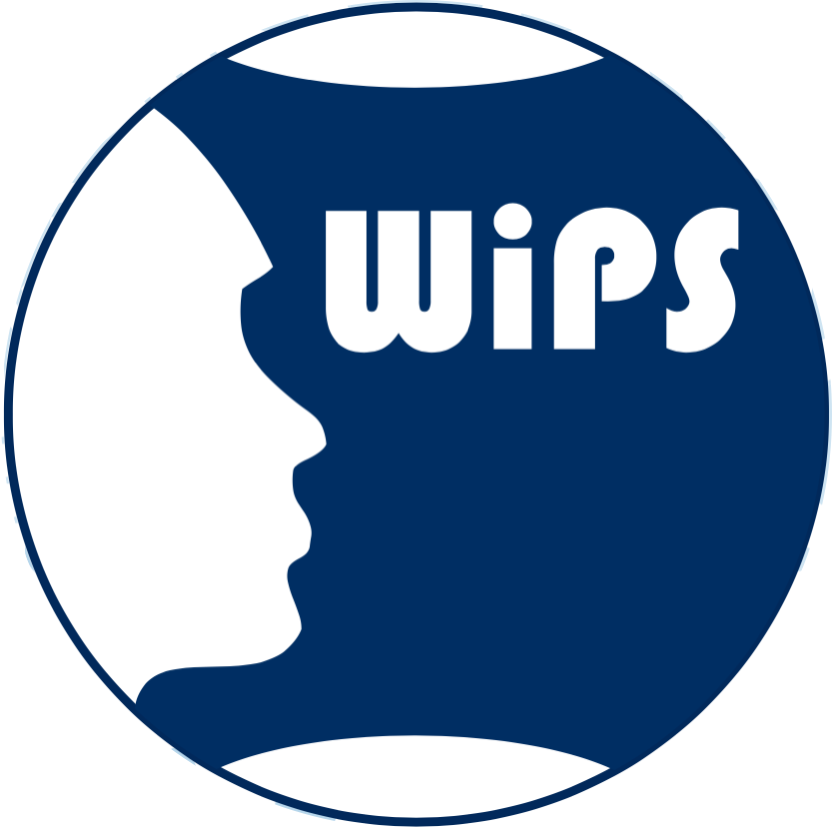Giovannina Sutherland, LLB, BA
University of Chile and Millennium Institute Biodiversity of Antarctic and Subantarctic Ecosystems/BASE (Chile)

Giovannina is in front of a book case at the Faculty of Law at the University of Chile.
What’s the work that you do?
I coordinate the Antarctic Studies Program at the Law School of the University of Chile. I’m also an affiliated researcher at the BASE Millennium Institute. Currently, my main lines of research are: 1) Is domestic law suitable for regulating matters of an international nature, in particular the Antarctic Treaty System? 2) Antarctic Chilean Territory in the new constitutional process; and 3) Comparative analysis of biosecurity regulations in the event of H5N1 avian influenza in Antarctica.
What keeps you going?
My work allows me to reinforce the study of Antarctic matters from the humanities and social sciences perspective. In particular, to investigate from the multidisciplinary exchange that addresses the challenges of the Antarctic Treaty System from law, international relations and political science, in order to work from the academy in proposals that contribute to the evolution of this legal regime. At the same time, I feel that I can vindicate the role of women in matters of polar governance through the coordination of the Antarctic Studies Program of the University of Chile, a community where 70% of the researchers are women.
What’s your message to the world?
The governance of the Antarctic Continent is one of the most important challenges of the future of humanity. We must work together to maintain peace and international cooperation in one of the most pristine and innocent places in the world.
Organisation: University of Chile and Millennium Institute Biodiversity of Antarctic and Subantarctic Ecosystems/BASE (Chile)
Nationality:
Chile
Disciplines:
